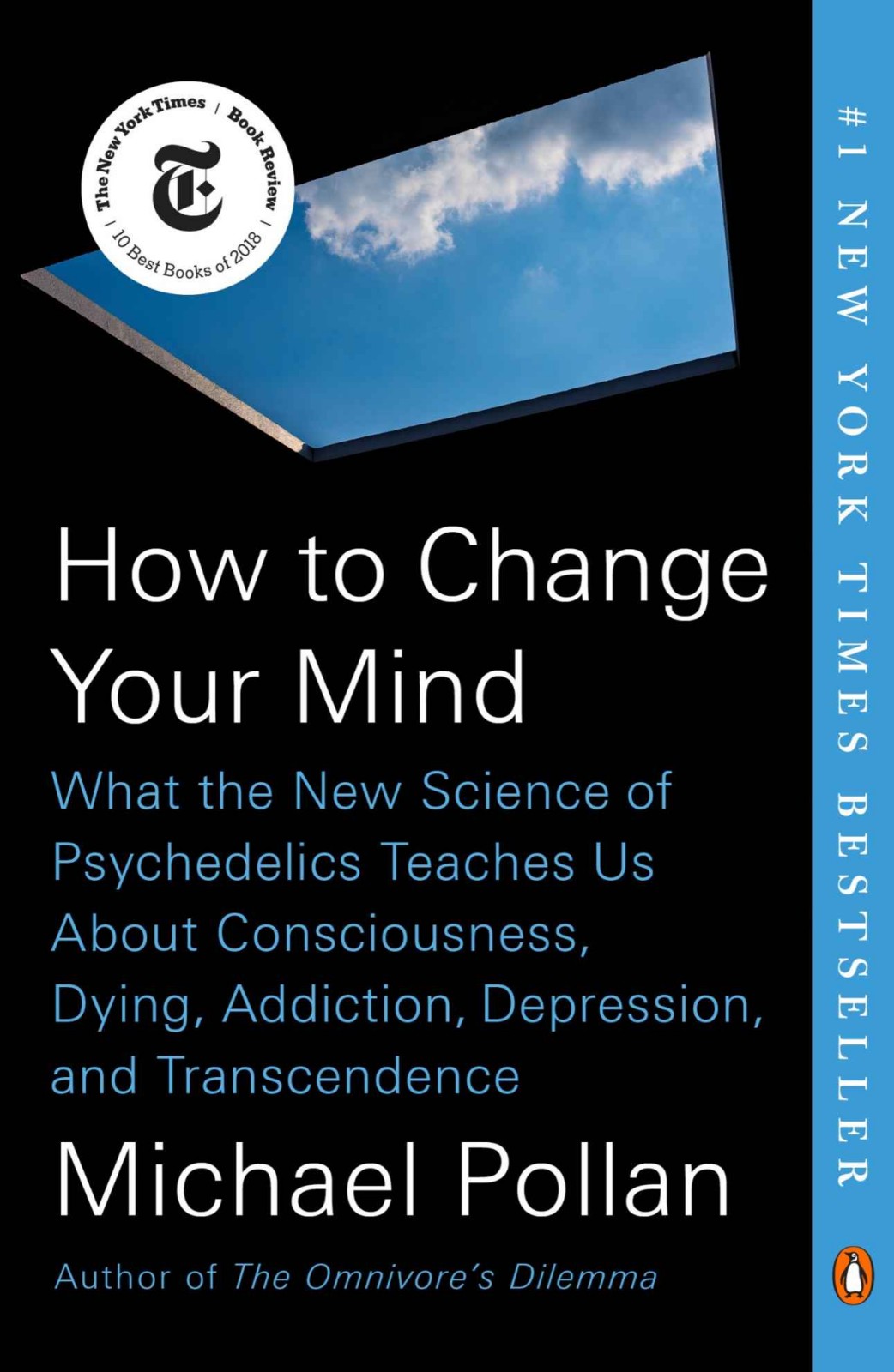
How to Change Your Mind: What the New Science of Psychedelics Teaches Us About Consciousness, Dying, Addiction, Depression, and Transcendence
Michael Pollan
About the Author

Michael Pollan
Questions & Answers
Psychedelics, such as LSD and psilocybin, have the potential to transform our understanding of consciousness, mental health, and human potential in several ways. They disrupt the normal waking consciousness, leading to profound experiences that can alter perceptions of self and reality. This disruption allows for the exploration of consciousness beyond the usual boundaries, potentially revealing deeper insights into the human mind and spirit.
In mental health, psychedelics have shown promise in treating conditions like depression, anxiety, addiction, and trauma. They can facilitate deep introspection, helping individuals confront and process difficult emotions and experiences. The potential for psychedelic-assisted psychotherapy suggests a new approach to mental health treatment, offering hope for those who have not found relief with conventional methods.
Moreover, psychedelics may unlock the human potential by fostering creativity, empathy, and a sense of interconnectedness. They can expand consciousness, allowing for new perspectives and possibilities, which could lead to transformative personal growth and societal advancements. However, research in these areas is still ongoing, and the potential benefits must be balanced with the risks and ethical considerations.
The historical context of psychedelic research significantly influences its current state and future potential. Initially, in the 1950s and 1960s, psychedelics were researched for their potential in treating mental health issues and spiritual experiences. However, the rise of Timothy Leary and the counterculture movement led to a moral panic, causing research to be halted and the drugs to be criminalized. This period of prohibition and the subsequent resurgence of interest in the 2010s have shaped the current state of research, which is cautiously exploring the therapeutic potential of psychedelics. The historical lessons of the 1960s, such as the importance of proper guidance and setting, have informed modern research, and the future potential of psychedelics in treating conditions like addiction, depression, and anxiety is being cautiously explored with renewed scientific rigor and ethical considerations.
Psychedelic therapy shows promise in treating various mental health issues like addiction, depression, and anxiety. Benefits include potential relief from symptoms, improved well-being, and enhanced self-awareness. However, risks include potential for adverse reactions, such as panic attacks, psychosis, and psychological distress. The effectiveness and safety of psychedelics in therapy depend on factors like proper dosage, setting, and experienced guidance.
Psychedelics, like LSD and psilocybin, alter the brain's activity by reducing the default mode network (DMN), which is associated with self-referential thinking and introspection. This reduction leads to a decrease in the sense of self and increased connectivity between brain regions, fostering a sense of oneness and expanded consciousness. This reorganization of neural networks may explain the therapeutic effects of psychedelics in treating mental health issues like depression and addiction. By disrupting rigid thought patterns and promoting neuroplasticity, psychedelics may offer a novel approach to mental health, potentially leading to a better understanding of consciousness and its relationship with the brain.
The psychedelic renaissance has significant implications for society, culture, and our understanding of human nature. Firstly, it challenges traditional views of consciousness and mental health, suggesting that substances like psilocybin and LSD can treat conditions like depression and addiction. This could lead to new therapeutic approaches and potentially reduce reliance on conventional medications.
Secondly, the renaissance encourages a reevaluation of spirituality and the human experience, fostering a sense of interconnectedness with nature and others. This could reshape cultural attitudes towards spirituality and mental health.
Lastly, the research into psychedelics may deepen our understanding of human nature, revealing the brain's potential for transformation and the complexity of consciousness. This could lead to a more nuanced view of human potential and the nature of human experience.